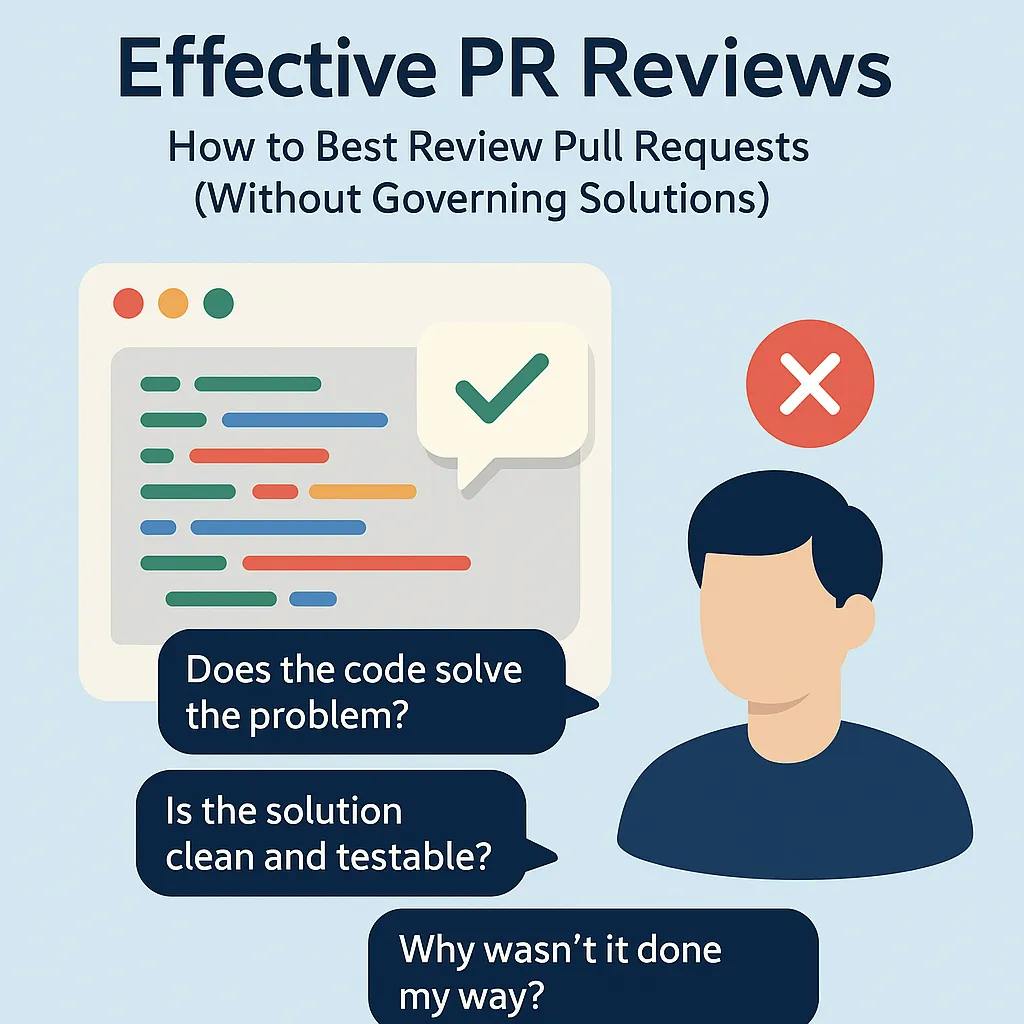Flexible working is key to career development, enabling people to stay in tech while balancing personal needs, Sophie Weston said. In her talk at QCon London, she mentioned that flexibility widens the pool of potential talent and enables keeping the best talent. She also championed internal promotions and “squiggly careers,” allowing role shifts, including in and out of management, to support long-term growth.
Becoming a principal engineer requires more than technical skill; it’s about influence, communication, and strategy. Success means enabling teams by shaping culture, Weston said. She suggested developing deep skills in multiple domains. Skills from life outside work, like sports, volunteering, or gaming, can add valuable perspective and build leadership potential.
Weston argued that one of the most impactful things that organisations can do to help people to pursue and develop their careers is to offer flexible working. Allowing people to flex their work around the needs of their home life enables them to have the job they want to have, to stay in tech, and ultimately pursue the career of their choice, she explained:
To balance my family life with having a career, I chose to work part time for many years. Without part-time work while my kids were young, I wouldn’t be in tech today. I would have had to walk away. It’s that simple.
Weston mentioned that some people have elderly parents to care for, or want time to study. Others just want a different work-life balance. People working part-time have a lot to contribute. The benefit to an organisation of offering flexibility is that they widen their pool of potential talent to include all these amazing people, as well as those who are able and willing to work a conventional 9-5, Monday-Friday job.
A flexible working policy is worthless if managers block people from using it, Weston said. If employees fear there will be consequences to their career prospects for working flexibly, then the policy is meaningless:
Flexible working isn’t a perk, it’s a necessity. The companies that get this are the ones keeping their best talent.
Internal promotions are good for the people, assuming they receive support to transition into their new role. People feel valued, they work hard, it fosters a sense of loyalty. You shouldn’t have to always move companies in order to progress, Weston said.
For companies, internal promotions are a competitive advantage. It keeps valuable organisational knowledge in-house, strengthens team morale, and proves that career growth isn’t just a promise, but a reality, Weston explained:
In my 20 years at the same company, I was promoted multiple times. I went from developer to senior developer to team lead to technical architect before finally making a somewhat sideways move to the awesome-sounding role of DevOps advocate.
Bringing in someone new rather than promoting from within is sometimes absolutely the right thing to do, Weston said; for instance, when you need a different skill set, a particular experience from a technology or industry, or want someone without a history in the organisation who can bring a fresh perspective and inject some new ideas and ways of thinking, she added.
Organisations can help to shape people’s careers by enabling “squiggly careers”. A “squiggly career” isn’t a predictably straight climb up the corporate ladder, it’s a dynamic, evolving journey where people take on diverse roles, sometimes even switching industries, Weston explained:
Every career is squiggly to some degree. As an industry we should be supporting people who want to change roles over time as they develop their career – whether that’s moving from development into security for example, or becoming a product owner, or quality engineering.
A common challenge faced by many engineers a number of years into their career is whether or not to make the move to being a manager. A permanent and once-in-a-career role change from individual contributor to engineering manager is no good for anyone, Weston argued. She suggested allowing good engineers to move in and out of manager roles:
For the organisation, it means having managers who actually want to be doing that role, are passionate about developing the people in their team, and who have strong, up-to-date technical skills and who are able to lead the team in the right direction. For individuals, it enables them to keep their technical skills relevant, have a role that is challenging without it being an irreversible choice.
She mentioned how she switched roles, and how she felt about it:
When I became a team lead, I was thrilled to take on the role and lead a small team. But over time, I found myself coding less and feeling increasingly frustrated and disconnected from tech. It wasn’t the right long-term fit for me—so when an opportunity came to return to an IC role, I jumped at it.
No one should have to choose between flexibility and career growth. A truly supportive workplace ensures you can have both, Weston concluded.









